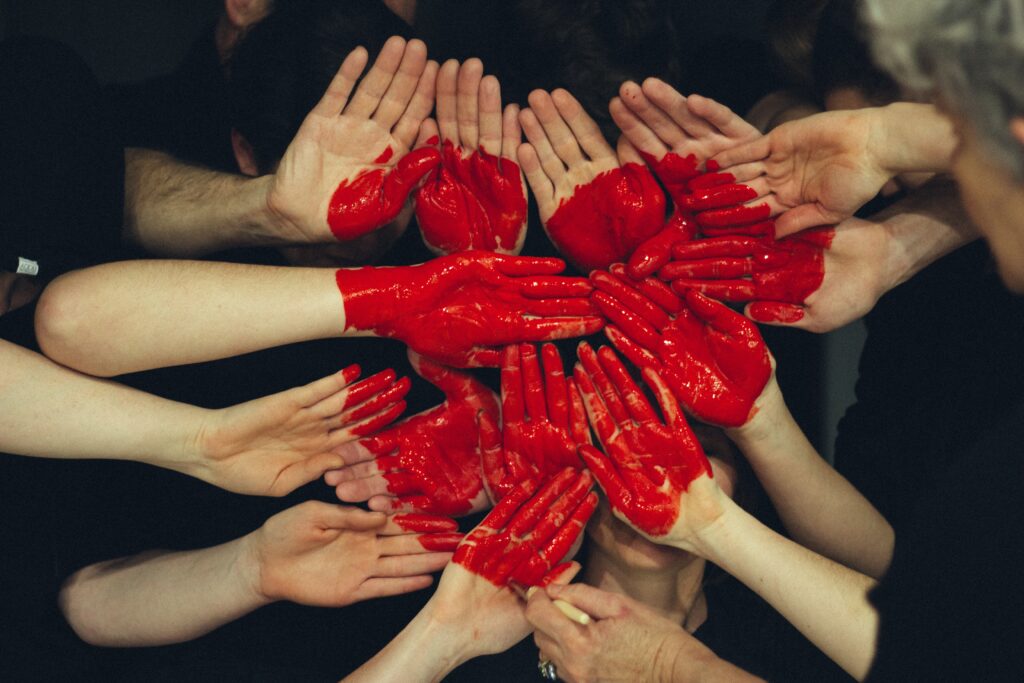Corona and the ultimate question
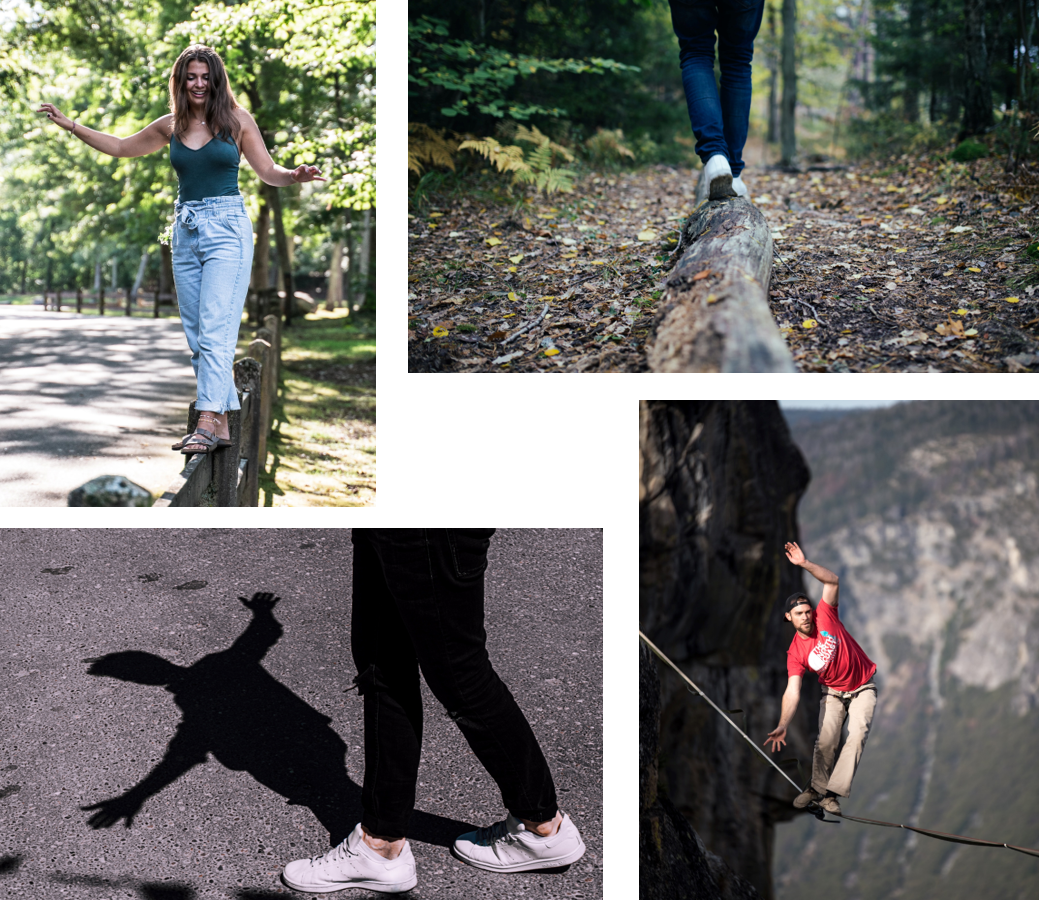
Leaving aside all the long-term unknowns, the current corona prospects in the Netherlands are good. Schools and restaurants are open again, people are being allowed to return to work after more than a year in improvised home offices, and practical plans to enable holidays abroad are well underway. Some people are chafing at the leash to get back to normal, while others hang back, concerned about the risks and preferring to play it safe.
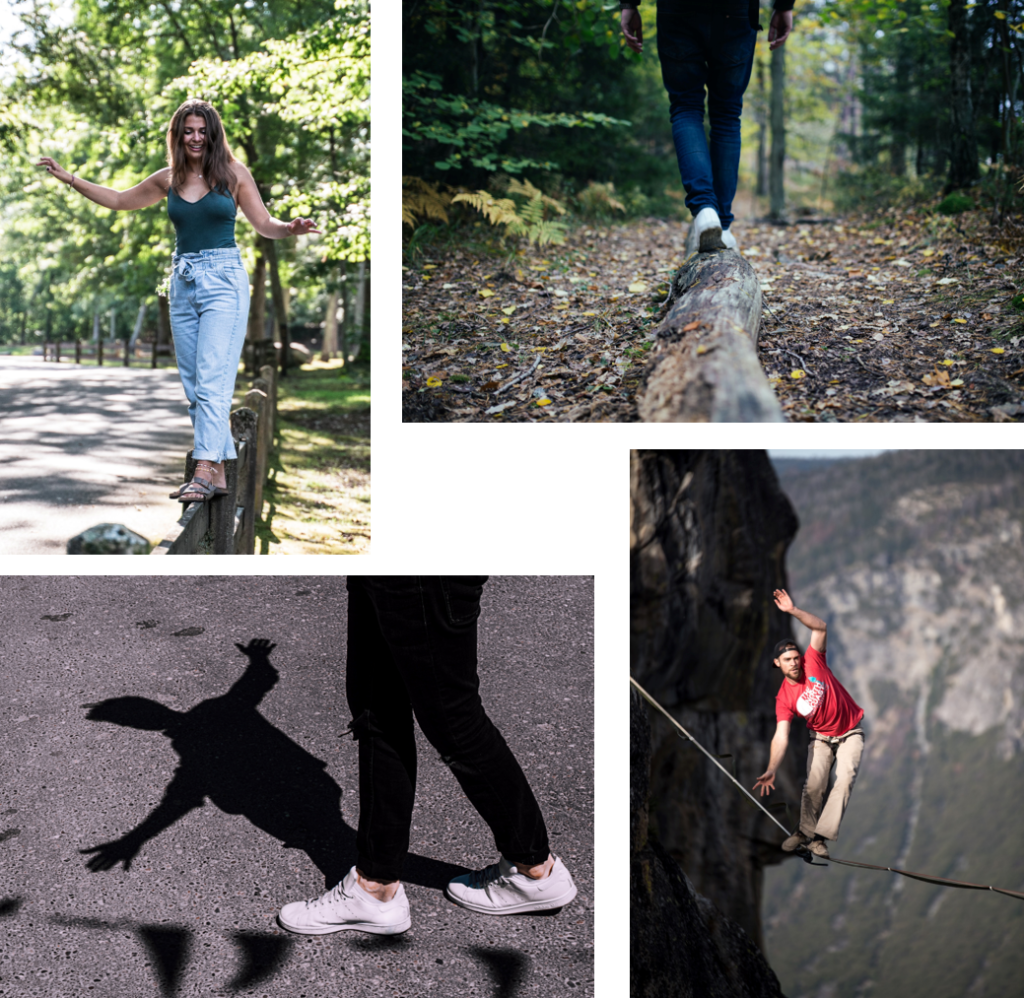
What it all comes down to in the end is one question. How much do you value living, and how much do you value life? Obviously it is not a simple either/or choice, as most of us don’t particularly want to die, and most of us also want to live our lives as opposed to simply surviving. The tension lies in the balance between the two. There are infinite varieties in this balance, from those who live brief, fiery lives full of passion, drugs and reckless behaviour, to those who achieve long, sedate lives with a healthy diet, exercise and absolute avoidance of any risky situations. Everyone chooses their own balance, and regards those at the riskier end of the scale with tongue-clucking disapproval, and those at the safer end with mocking pity.
The special situation during corona has been to remove the individuality of this choice. Corona has often been referred to as a ‘we disease’ instead of a ‘me disease’, as the infectious nature of the virus means that our individual behaviour seriously affects others. Initially, the shock of the pandemic meant most of us focused on the threat to our lives. As a result, we were willing to accept limitations to living – home-working, home-schooling, severely restricted social and family contacts – that we would have regarded as heartlessly draconian beforehand. The day-to-day limitations hit us hard enough, but it was on the major events of our lives that they had the biggest impact. I will never forget seeing a tearful grandmother standing out on the street, craning her neck to view her newborn grandchild through the window, yet this was still nothing compared to those who lost family or friends without being able to visit them one last time, or even attend their funeral. Still, the majority was willing to comply, choosing life – for themselves or for those more vulnerable – above living.
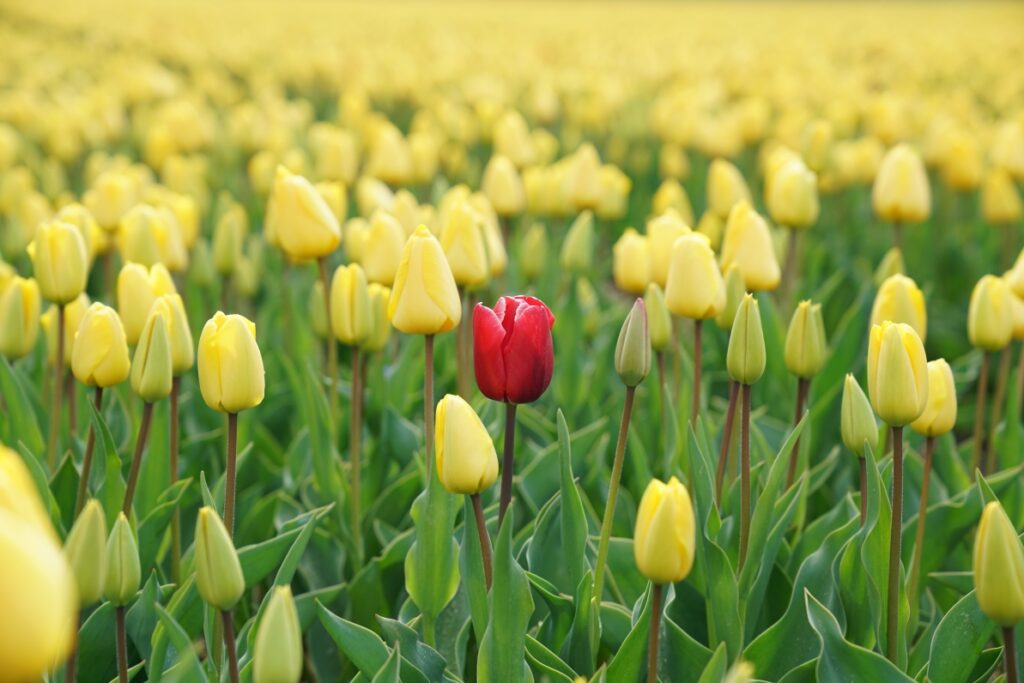
Weeks turned to months, and now to more than a year. As the cumulative damage on living our lives increased, and the perception of the risk changed, so the balance between life and living began to shift. People began to ask if the sacrifice was worth it. For every individual, the risk to their life and the damage to their ability to live was different. A healthy young person cut off from all their social contacts and suffering desperately from loneliness saw things very differently to an older person whose loved ones were under their own roof, or to someone living together with a friend with an underlying health condition. At the same time, an elderly person might prefer to live their remaining days to the full, while their family members anxiously begged them to stay at home and keep themselves healthy, for their sakes.
This inevitably led to friction when some people began to question the rules, while others called for them to be tightened. But it was not the only source of tension. The differences in people’s perception of what was an essential part of living also made themselves felt. As a child growing up in the UK, I was taught to see ‘Holland’ as the wild place where 12 year-olds were allowed to have sex and taking drugs was normal. When I moved to the Netherlands, I discovered that it was not only the name of the country that was erroneous in my information. Despite there being some grain of truth, the picture also turned out to be massively one-sided. While there are towns with coffee shops where you can buy drugs, there are also towns where you are frowned upon for mowing your grass on a Sunday. Amsterdam celebrates gay pride with a big parade, yet my colleague was asked by her parents, living in the bible belt, not to kiss her girlfriend during visits to the family. This wide variety in values meant that there were arguments about what parts of our lives had priority. Why were churches allowed to stay open while theatres, stadiums and cinemas were shut? Why did professional sports continue while ordinary people were barred from exercising together? Why were protests for Black Lives Matter permitted when people were otherwise banned from coming together in groups? It all came down to what each individual found important in their own life – religion, culture, entertainment, health, social justice…
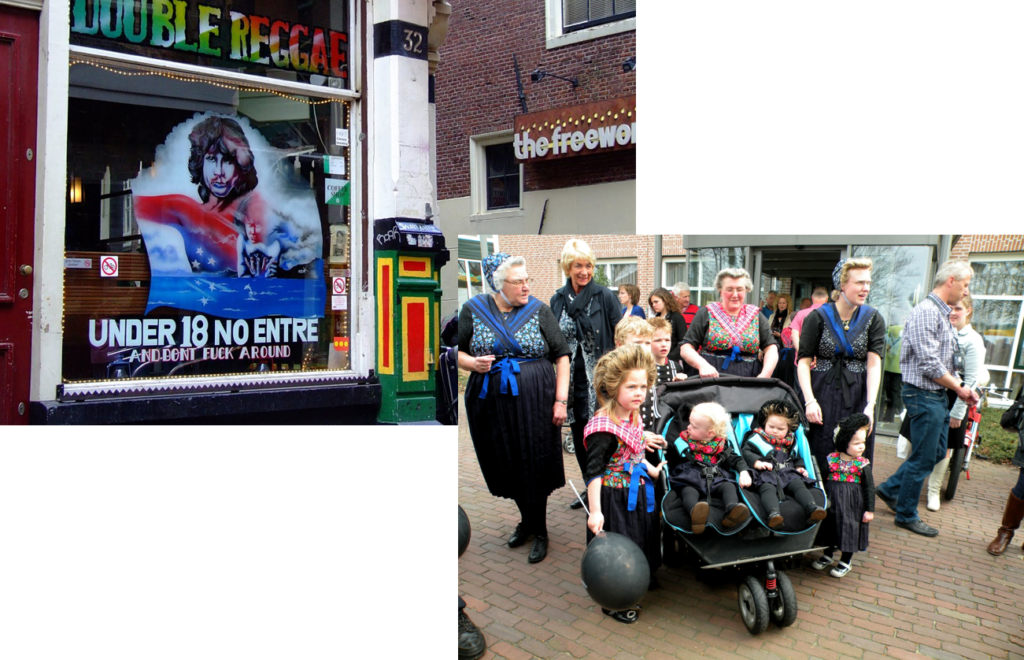
Compiled from images by Espen Skibbuvollen and Algont on Wikimedia
For me, the policy decisions during corona provide an interesting portrait of the dominant attitudes and traditions in Dutch culture. Business was prioritised over culture, with shops reopening long before theatres. No one wanted to interfere with the freedom of places of worship, but they were upset when that freedom was used to conduct services for large groups. Protests were allowed where the subject of the protest matched the opinions of the majority, banned as unsafe if not. The traditional holiday in a camper or caravan – preferably to the traditional destinations of the Netherlands, Belgium or France – was regarded as safe, putting a foot over other borders or boarding a plane were unacceptable risks. In general, anything ‘frivolous’ – eating out in restaurants, hanging out with friends, attending concerts – was given a low priority, showing that Calvin is far more dominant in the Dutch psyche than other countries usually realise.
Yet the Netherlands remains a very diverse country, and other voices exist, as the often vocal protests on social media show. I am intrigued to see how the debate will progress now that the level of vaccination is increasing. Will the long period of restrictions lead to an explosive release of living – the much vaunted ‘summer of love’? Or will the persistent conditioning for caution and the threat of new corona variants prevail, so that people stay quietly at home to preserve their life? Most importantly, what will we learn about how to handle ‘we’ crises in a ‘me’ society? How do we strike a balance between the right of each individual to live, when their living can threaten someone else’s life? And how do we preserve individual life, without extinguishing that which makes it worth living?
